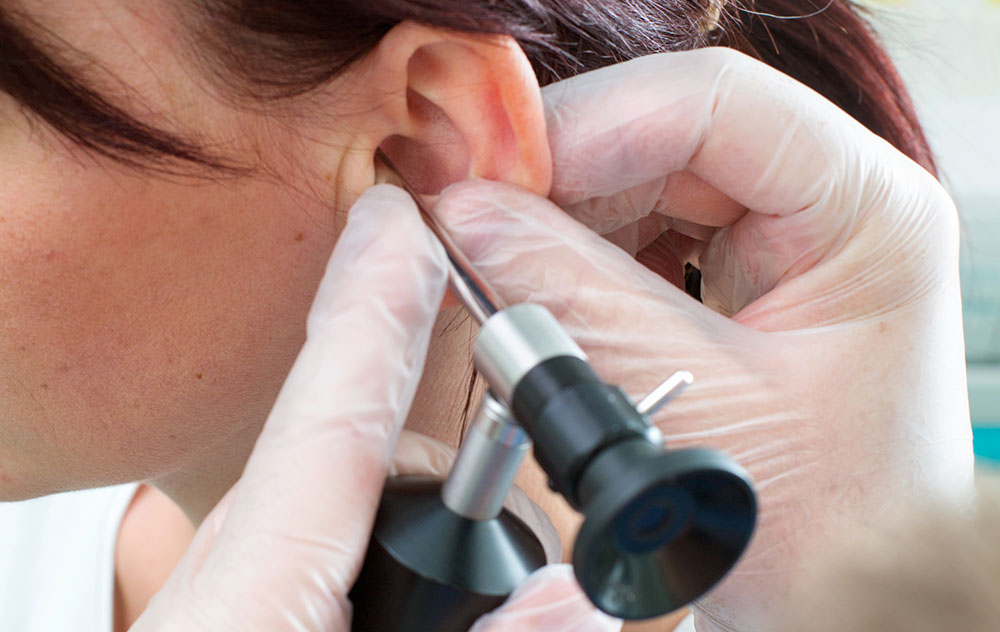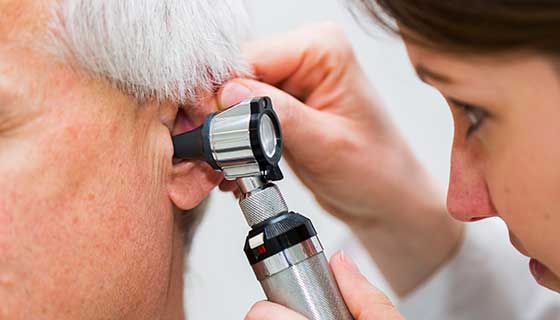One of the things that employers are supposed to do in order to ensure that their workers are not experiencing hearing loss from being on the job is to initiate OSHA hearing testing at least once a year. However, this is only required if the worker is exposed to average workday noise levels of 85 decibels or higher.
OSHA audiometric testing is one of the required elements of the OSHA hearing conservation program.
Some of the ways that you can determine whether or not your hearing is at risk include:
- Ringing or humming in your ears
- You must shout to be heard by someone who is just three feet away from you
- Experience temporary hearing loss after unprotected exposure to hazardous noise
Loud Noise and Hearing Loss
If you are one of those people that likes to turn up the music, you are not alone. While listening to good music at a loud volume may feel good, your hearing is at risk.
Loud noises can damage the cells and membranes deep within the ear, in the cochlea. If the hair cells in the ear become overworked, they can, actually, die. The more the cells die, the less the person can hear.
After enjoying a concert, or working all day on a jackhammer, a person may experience temporary hearing loss because the hair cells will lie down in order to protect themselves from the abuse. Once the noise is gone, if the hair cells recover, and their hearing will be restored after 16 to 48 hours.
On the other hand, if these cells die away, they do not regenerate and the worker’s hearing will not be restored.
One of the tell-tale signs of potential permanent hearing loss is if the person suffers from temporary loss of hearing. If this happens more than occasionally, it is time to reconsider how you are exposing yourself and your fragile ears to noise. Remember, if you kill your hearing cells, they don’t grow back. If you think that it might be too loud, protect yourself by moving away from the noise or putting in a pair of earplugs.
How loud for how long?
Hazardous noise comes from an endless array of sources. Gunshots, fireworks, jackhammers, roaring engines, screaming children, barking dogs…and the list goes on. When you are exposed to hazardous noises for prolonged periods of time, you are putting yourself at risk for substantial hearing loss.
Some of the noises that workers are exposed to for long hours of the day are:
- Factory machinery
- Power tools
- Mechanical engines
- Constant hammering
- Pneumatic tools
- Metal grinders
- Saws
Prolonged exposure to 85 decibels and louder, for 8 hours a day, is dangerous.
If you must raise your voice to be heard above the noise, when you are talking to someone three feet away from you, you are in hazardous noise.

Hearing Health Precautions
Some people know little about hearing loss from noise exposure. Therefore, OSHA requires annual hearing loss prevention education. Permanent hearing loss is a real risk. Once hearing is gone, it often does not recover. Things may never sound the same as they did before the loss. For example, people who love the rich tones of music may no longer be able to enjoy music the way they did before their hearing loss.
How does one prevent hearing loss?
- Avoid excessively loud noise
- Refrain from turning the music up too loud
- Wear hearing protection such as ear plugs
- Get regular hearing testing
- Take a break from noisy situations
Is Your Hearing at Risk?
We mentioned earlier that if you are wondering whether or not you are putting your hearing at risk, you probably are. The one way to know for sure is to get a regular hearing test.
If you have already suffered hearing loss, but are not aware of it, you could be in danger of losing more hearing or becoming less safe in the workplace. If your results show a hearing loss, it is important to follow up with an audiologist.
If you listen to loud noises for extended periods of time, your hearing is more than likely at risk. Even if you are not exposed for long periods of time, some sounds are damaging even for seconds at a time. Keep your exposure in mind, and remain diligent about protecting yourself.
What to do About Hearing Loss
In some situations, surgery or medication treatment can help a person regain their hearing. The best thing to do is to see an audiologist, who knows how to treat hearing problems.
In many cases, if a person loses hearing due to damage from unprotected noise exposure, their hearing loss is permanent, and no surgery or medicine can repair the hair cells. In this case, audiologists are often able to help with hearing aids and other assistive technology.
Conclusion
Reduce the noise. Visit your audiologist. Get tested. You will thank yourself for it.




